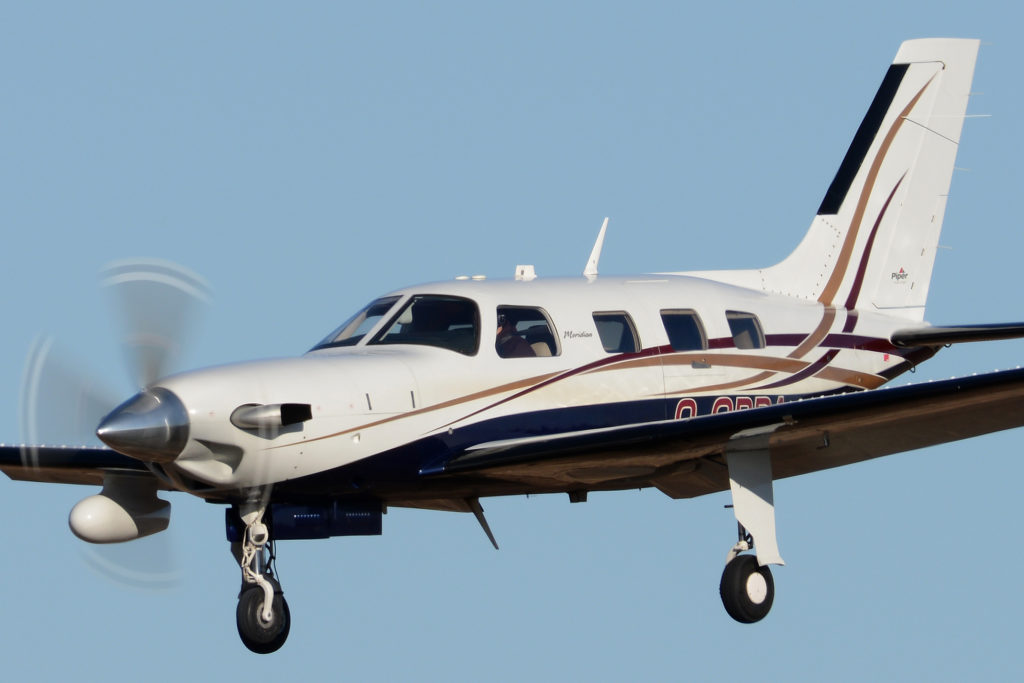Estimated reading time 6 minutes, 17 seconds.
At this time, we are still deep in the throes of COVID, which has had a devastating economic impact. Yet, even now we are starting to see signs of recovery in the business aviation space as sales and charter activity are on the rise. It is widely anticipated that once cross-border travel restrictions are lifted, we will see many new entrants to the market; those with the means to do so will choose private air travel over commercial carriers, and some businesses will conclude that it is the only way to adapt to decreased access to certain markets.

So, having regard to the foregoing, here are some high-level tips which should be considered to prepare for an aircraft acquisition:
- Are you adequately protected against potential liability?
Let’s face it, there is significant risk associated with aircraft ownership, and insurance alone may not provide sufficient practical coverage. This is especially so if you’re flying in and out of the U.S., where the potential for costly litigation is exponentially higher than in Canada. You’ve worked hard to be in a position to acquire an aircraft, so you need to make sure that you’re not putting everything at risk because of a hastily conceived ownership structure.
2. There is no substitute for proper planning
Of concern in this regard is not only risk management, but also tax considerations. In particular, there could be structuring alternatives which might provide a more tax-efficient way to own and operate an aircraft. However, this should be properly reviewed under the guidance of a qualified professional. Moreover, it is prudent to expect that a tax audit may follow, so now is the time to get the appropriate arrangements and documents in order to avoid being caught off guard.
3. Don’t forget the taxman
The Canada Revenue Agency (CRA) is concerned about corporate funds being used to acquire and operate an aircraft that will be put at the disposal of shareholders and/or employees for non-business purposes. In such instances, their response is to deny all or part of any deduction of corporate-level expenses relating to the aircraft (including depreciation), and to add an imputed taxable benefit to the individual — plus interest and possible penalties. Clearly, the potential tax exposure (both corporate and personal) can be costly. Moreover, notwithstanding that the CRA has had a national audit program in place for these matters since 2015, its auditors have limited practical knowledge of business aviation, instead equating aircraft with corporate-owned vacation homes and yachts for these purposes. The solution: be smart. Proactive planning, especially before an acquisition is made, can greatly help to mitigate audit risk. If you already own an aircraft, a review of your current structure can help to identify both potential areas of exposure and appropriate remedial measures before you are audited.
If and when you are audited, simply responding to the CRA with a data dump is a risky approach. Rather, it would be prudent to engage a qualified tax counsel who has experience with aviation matters to review and explain the information with the auditor while the audit is still underway. This would ensure that all is properly understood, with a view towards reducing, or perhaps even eliminating, the proposed reassessment.
4. GST/HST recovery
GST/HST registration alone does not guarantee that the GST/HST incurred on the aircraft purchase is recoverable. Rather, you must be able to demonstrate that there is a qualifying commercial activity. Expect that a request to claim back these amounts will trigger an audit query which, if not carefully handled, could open you up to scrutiny on other matters. As such, any interactions with the CRA for these purposes must be handled with care to avoid unintended consequences, which underscores the importance of engaging specialized tax counsel.
To sum up, the single most important piece of advice I would give to prospective or current business aircraft owners is to be proactive. Proper planning from the outset can help increase the likelihood that the issues identified above will remain only potential, rather than actual, problems.
Steven Sitcoff is a tax and aviation lawyer at Spiegel Sohmer in Montreal, Quebec. He can be reached at ssitcoff@spiegelsohmer.com.









Great Article – thank you for the practical ideas.